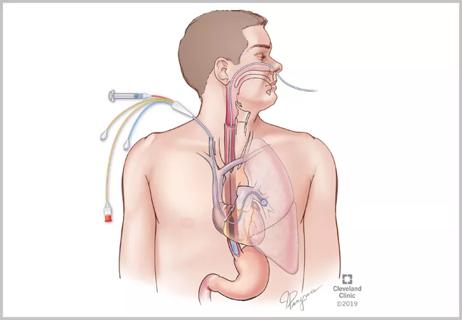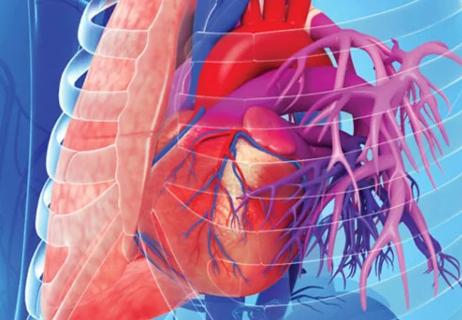Locations:

A pulmonologist describes how using an esophageal balloon can provide a more precise diagnosis and hemodynamic classification of pulmonary hypertension

How to diagnose and manage care for patients affected by this condition

RAP/PAWP ratio as predictor of survival in patients with PAH
Advertisement
Cleveland Clinic is a non-profit academic medical center. Advertising on our site helps support our mission. We do not endorse non-Cleveland Clinic products or services. Policy
Advertisement